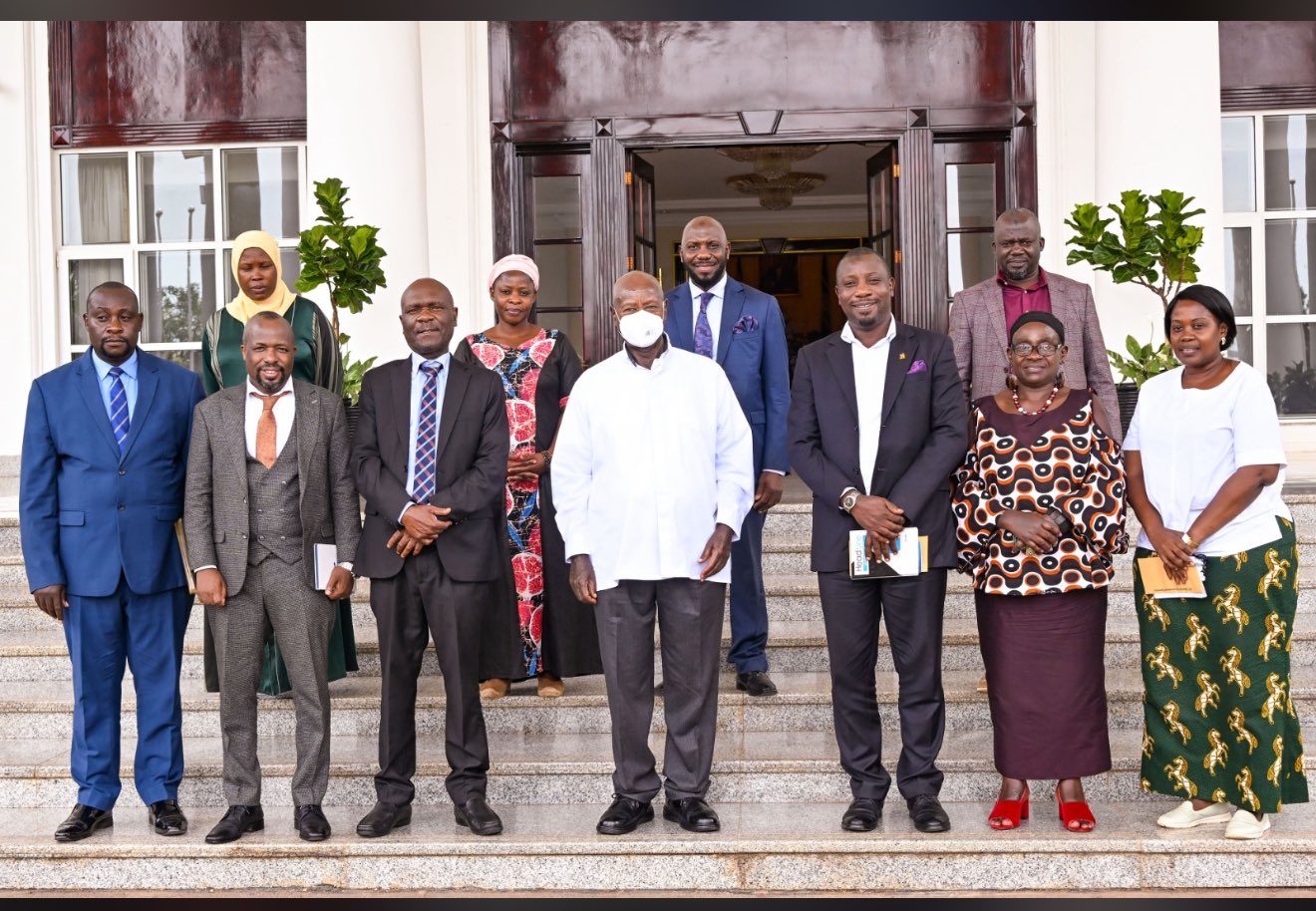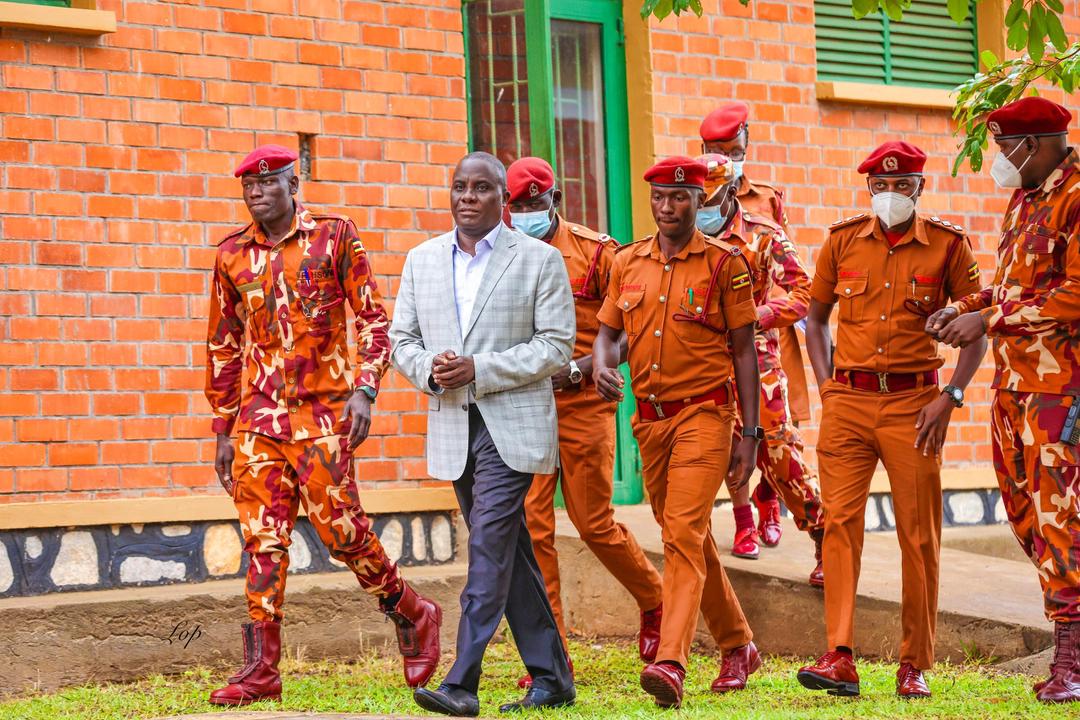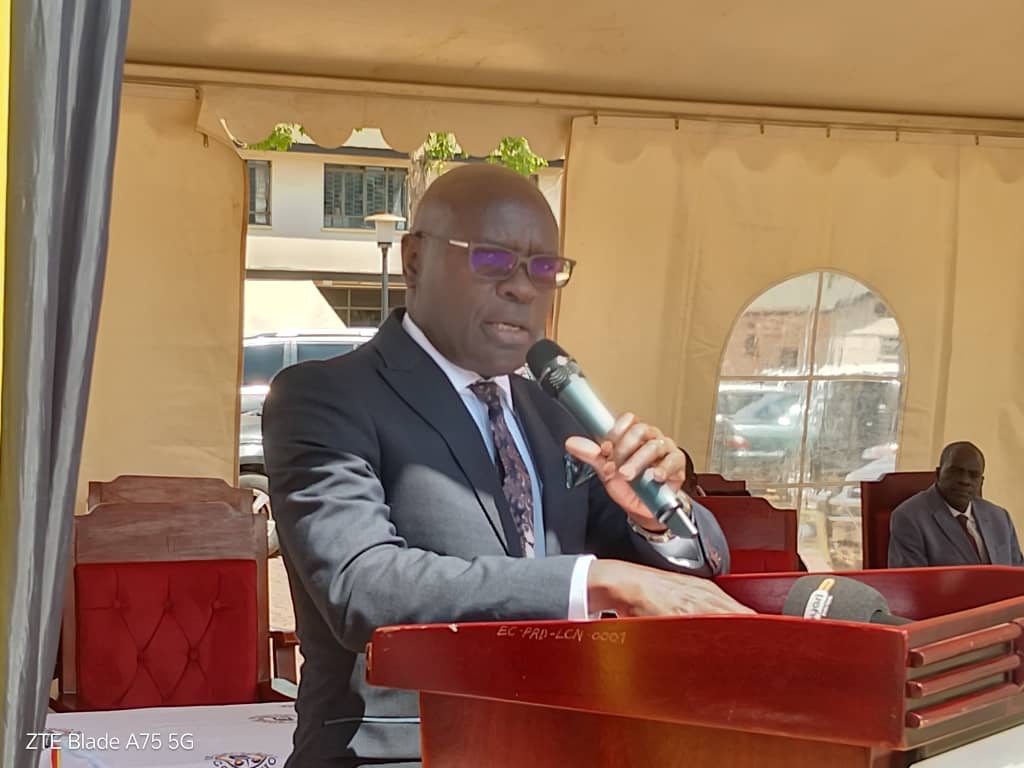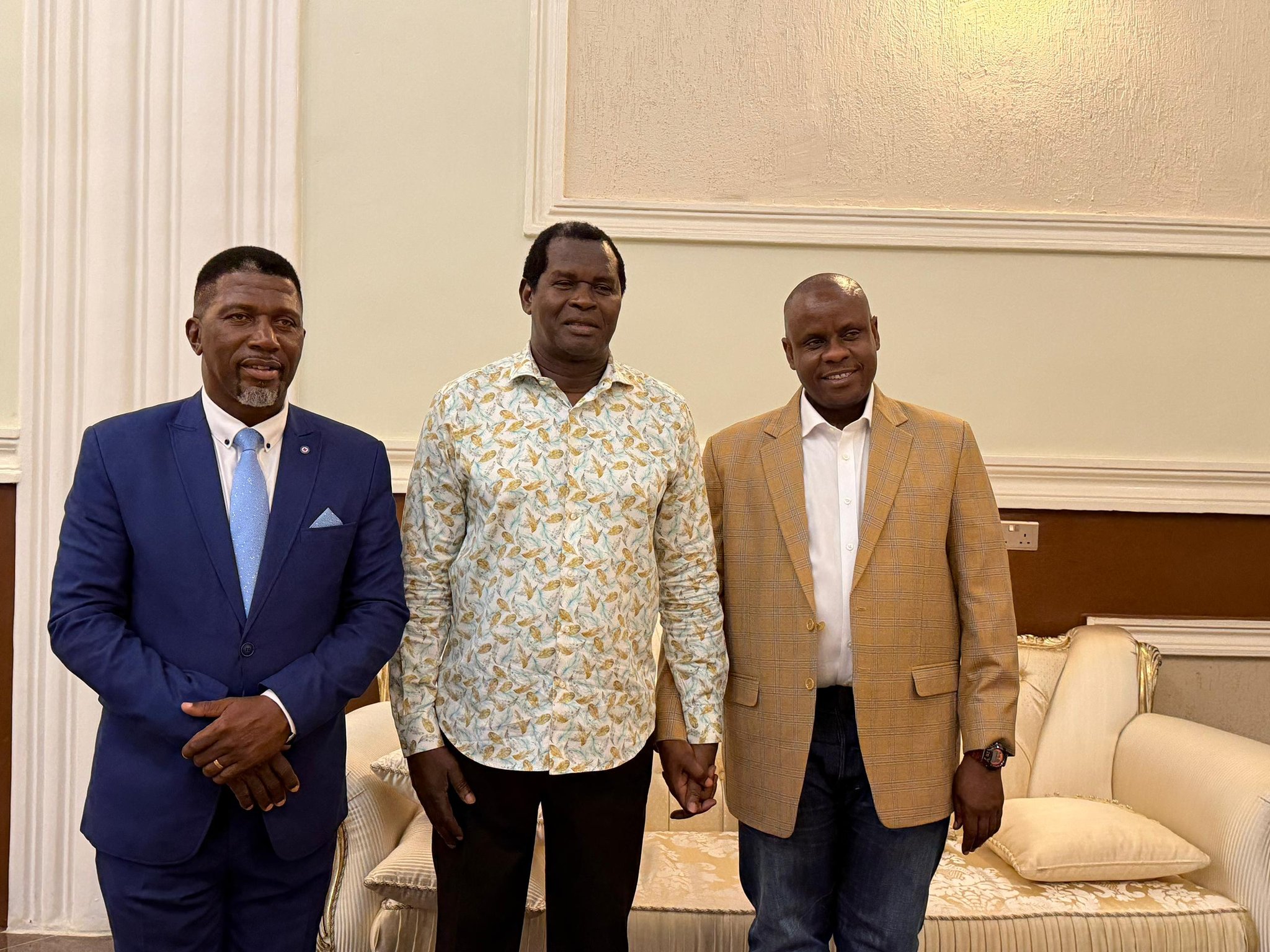As Uganda gears up for the 2026 general elections, political aspirants have startedrolling out posters and banners across the country. Go to any town or village in Uganda. All the electricity poles, walls and doors of shops, schools, fences are plastered with posters of aspirants vying for various positions during the 2026 elections.
Some aspirants with money have rented billboards along major highways to increase their visibility.
Yet a scruitny of many of these posters reveals that the campaign taglines on them feel familiar, recycled, or just plain uninspired.
From simple phrases like “Protest Vote” used by some National Unity Platform (NUP) candidates to “Make Bukoto East Great Again” – a clear rehash of Donald Trump’s “Make America Great Again” (MAGA). Creativity, it seems, is still in short supply.
This trend raises questions: Why are Ugandan politicians sticking to old ideas, and what does it say about their approach to winning votes?
Take a look at some recent examples. President Museveni’s ruling National Resistance Movement (NRM) has unveiled “Protecting the Gains” for 2026, a slogan that builds on past ones like “Steady Progress” from 2016 and “Securing Your Future” from 2021.
Opposition parties are not far behind in repetition. The NUP’s main tagline for its aspirants is “Protest Vote” but when Robert Kyagulanyi unveiled his 2026 poster, his tagline was “A New Uganda Now”. This is eerily similar to “A New Uganda” of 2021. This is usually paired with “People Power, Our Power.”
Local parliamentary hopefuls often go for straightforward, location-based lines like “Busiro Kuntikko” (Busiro on Top), “Eddobozi Lya Kawempe North” (Voice of Kawempe North), or “Nakawa West Empya” (New Nakawa West).
In Kira Municipality, incumbent MP Ibrahim Ssemujju Nganda’s “Eddobozi Lya Kira” a slogan or versions of which many other aspirants have adopted. In each locality, there is that one aspirant who claims he or she will be a voice of the people once elected.
These taglines are not just supposed to be words. They are meant to capture voters’ hearts and minds in a country where elections can be heated and turnout low.
Yet, clearly many fall flat because they reuse themes of unity, progress, or protest without fresh angles. Museveni’s slogans, for instance, have evolved from “No Change” in 1996 to emphasize continuity and stability, but they’ve often repeated ideas like “Steady Progress” across multiple elections.
Some critics argue this reflects a deeper issue: a lack of innovation in our politics.
One big reason for this creativity gap is limited exposure to new ideas. Many politicians draw from what they’ve seen locally or in past Ugandan campaigns, rather than studying global examples where slogans like Barack Obama’s “Yes We Can” slogan of 2008 which blended emotion, simplicity, and originality.
In Uganda, political campaigns often prioritize familiar messages that stress loyalty or basic promises, avoiding risks that could confuse voters in a diverse, multilingual society.
Another factor is the failure to hire branding experts. Politics in Uganda is already heavily commercialised. Voters want their share, the media wants a piece of the cake, the agents, the sound system guys, car hire etc..
Therefore poor aspirants or opposition figures, facing resource limits and government restrictions, rarely bring in professional marketers or ad agencies to craft unique taglines. Instead, they opt for simple approaches or copy what has worked before.
Larger parties like the NRM focus on mass rallies and traditional methods, which may favour well-funded groups but don’t encourage creative digital strategies or slogan innovation.
Some experts say cultural and political realities on the ground also play a role. In a country where President Museveni has ruled since 1986, slogans often revolve around stability or opposition to the status quo, limiting room for bold, new visions. Remember, “Ajagenda” (He will Go!)
Some say the fear of repression like arrests or media blackouts faced by critics – might make aspirants play it safe. Plus, with high youth unemployment and poverty, voters may respond better to direct, relatable messages rather than clever wordplay. “Ffena Tulye” (Let’s all eat) is a slogan for one of the aspirants for the position of councillor in Buikwe.
All this leads to rehashes, as seen in the NRM’s shift from “No Change” to “Protesting the Gains,” which some say implies accepting the familiar instead of demanding better.
The impact? Uncreative slogans might not energize young voters, who make up over 70% of Uganda’s population and crave change. In past elections, like 2021, fresh faces like Kyagulanyi aka Bobi Wine used music and social media to stand out, but even then, taglines stayed basic.
“A New Uganda”, was Kyagulanyi’s catchphrase in 2021 but what precisely did that mean? What does “Protest Vote” mean today to the ordinary voter and what “Gains” is Museveni seeking to “Protect” in 2026?
As 2026 approaches, politicians should invest in experts and digital tools to break the cycle. Until then, Ugandans might keep seeing the same old lines on posters lining our streets. “No Change.”







